There is always uncertainty about new presidents, which only adds to the excitement about the incoming administration. But when Donald Trump entered the White House, there was an unusual degree of doubt about what kind of chief executive he would be. No other new president had his lack of experience in politics and government. (Even Trump’s hero Andrew Jackson had served briefly in Congress and, of course, had been commissioned as a general). Trump had no political record, and had a history of vagueness or flip-flopping on many issues. He lacked deep roots in the Republican Party, while few party insiders—of whatever background—backed his candidacy. Unlike, say, Jeb Bush or Ted Cruz, Trump did not receive the backing of any party faction. Trump’s nationalism proved to have much appeal to Republican voters, but lacked sources of institutional support, such as from think tanks that might have formulated policy ideas for his administration. Trump’s campaign often lacked focus, and certainly did not put a priority on policy development. Many political figures may have assumed Trump was going to lose, and did not bother trying to pin him down on issues. The same could be said for much of the media.
Trump could have governed in a very different way than recent Republican presidents. He is the first president since Herbert Hoover to openly disdain free trade, a position that puts him at odds with most Republican policy experts (although it aligns him with the majority of Republican voters). His foreign policy seemed like some heterodox jumble of isolationism, saber-rattling, and Russophilia. His views on the welfare state were ill-defined, but he seemed more comfortable with an activist government than most of his rivals for the nomination. He certainly seemed to prefer some sort of paternalism to reliance on the free market. Trump had little credibility as a social conservative: he is twice divorced and had awkwardly flip-flopped on abortion, seemed uncomfortable discussing religion, and even made stumbling attempts to court LGBT voters. His appeal to the Religious Right was part revanchist (“Merry Christmas” and Islamophobia) and part transactional (Mike Pence as vice president and conservative judges on the bench). We could easily imagine a President Trump who abandoned conservative ideology, combing populist economics with a live-and-let-live approach to many social issues.
Instead Donald Trump increasingly seems to be governing like a conventional Republican president—albeit one who is showing signs of incompetence and contempt for governing norms. He is maintaining the existing cleavages on economic and cultural issues that define our party system, while adding a new one based on immigration and race. Republicans had already been trending in a restrictionist direction on immigration for about a decade—going back to the congressional revolt against George W. Bush’s “amnesty.” It’s relatively easy for Trump to impose his will on immigration; much can be done through executive action, and few Republican constituencies would be upset by a wave of deportations. Around the world, there are plenty of right-of-center political parties that take a hard line on immigration.
So far, Trump has largely prioritized the most traditionally Republican items on his agenda. His one major accomplishment has been the confirmation of Neil Gorsuch to the Supreme Court. His greatest defeat has been the failure of the American Health Care Act—the ignominious outcome of years of GOP war against the Affordable Care Act. Trump’s budget was written by an OMB director taken from the House Freedom Caucus, and with its draconian cuts in domestic spending, reads almost like a caricature of conservative governance. His Cabinet is mostly filled with Republican stalwarts. His economic proposals are heavy on tax cuts and deregulation. His abrupt shifts on Syria, NATO, and China have been mostly in the direction of GOP orthodoxy. By contrast, his populism has been almost entirely limited to rhetoric.
Why has Trump’s administration been so ideologically conventional? Trumpism may or may not be a coherent philosophy, but it certainly lacks an infrastructure capable of governing. Trump shows no sign of knowing much about public policy. His most polarizing advisor, Steve Bannon, seems more interested in pop-historical tropes and clash-of-civilizations musings than in devising plausible policy ideas. Bannon’s one signature proposal, the travel-ban executive order aimed at predominantly Muslim countries, outraged people across the ideological spectrum, and then was blocked by the courts. Orthodox Republicans, both on Capitol Hill and in the White House, have mostly filled this void. Trump has little use for most nonpartisan communities of expertise—the media, academia, the civil service, the foreign-policy community have all received his scorn, perhaps because he seems them as inherently hostile to his worldview. But he does seem to trust the military and the business community, which are two elites relatively close to the GOP in ideology and professional culture.
But if Trump’s administration has been surprisingly conventionally Republican in his policies, it has also been notably incompetent. Other presidents have lacked detailed policy knowledge (Ronald Reagan and George W. Bush come to mind), but they were able to turn to subordinates for policy support. But Trump’s White House lacks much of a policy apparatus. His appointees, particularly in the domestic policy arena, have been mostly lacking in government experience. Numerous subcabinet positions remain unfilled—a recipe more for drift and incoherence than the “deconstruction of the administrative state” hailed by Bannon. The career civil service could take up some of the slack, but they have been subjected to scorn and humiliation from the campaign trail and into the administration.
Nor is Trump’s Republican orthodoxy a guarantee of safety. The American Health Care Act was much more a product of the congressional Republican leadership than of Trump’s circle, and it has proved to be deeply unpopular. (Republicans failed, less because they could not round up votes for AHCA, but because, after seven years of promises, they could not come up with a plausible replacement for the ACA. Even if the House somehow passes a revived AHCA, it seems likely to die in the Senate. It certainly shows no signs of becoming more popular). Trump’s economic proposals show little sign of being either good public policy or embraced by the public. Trump’s repressive immigration policies will be implemented by two of his more capable appointees, Attorney General Jeff Sessions and Homeland Security Secretary John Kelly. The first is a longtime Republican politician, the second a retired Marine general.
What might be Donald Trump’s legacy for the GOP? . Trump will probably continue to pursue policies that fit Republican orthodoxy. But if his administration proves to be synonymous with incompetence, drama, and conflicts of interest and if he continues to offer widely-disliked initiatives like the border wall, AHCA, and sharp cuts in domestic spending, Trump will remain unpopular.
And Republicans around the country will pay the price.
The Brookings Institution is committed to quality, independence, and impact.
We are supported by a diverse array of funders. In line with our values and policies, each Brookings publication represents the sole views of its author(s).

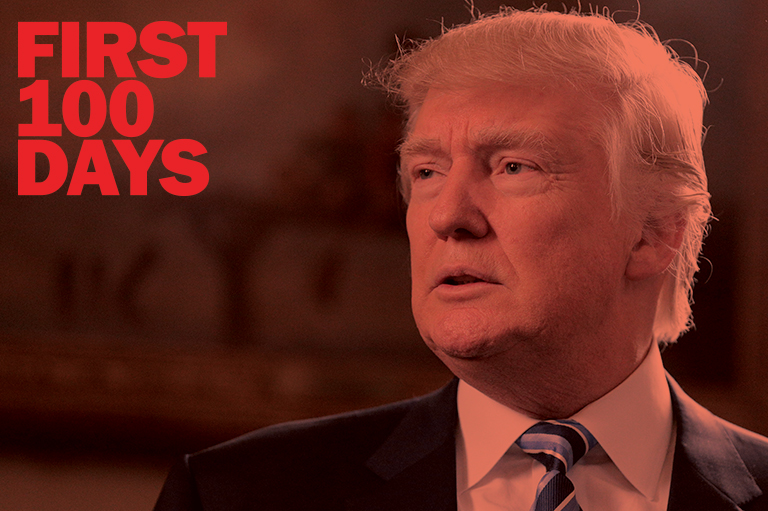
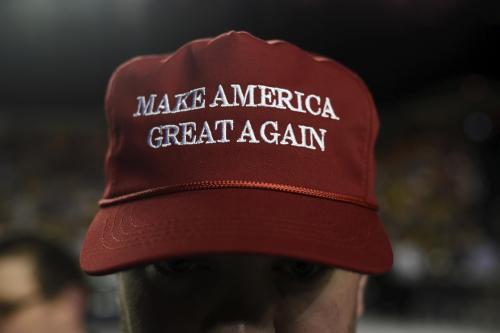
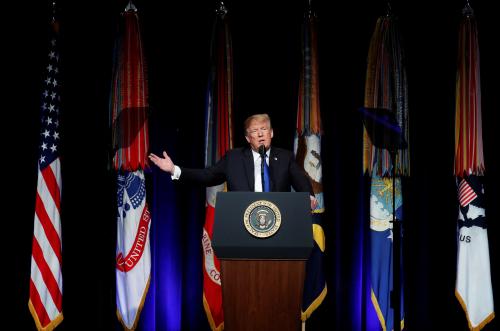
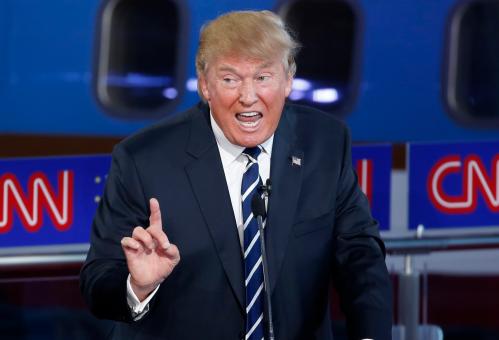
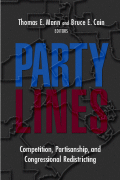
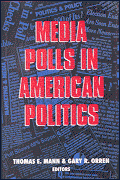
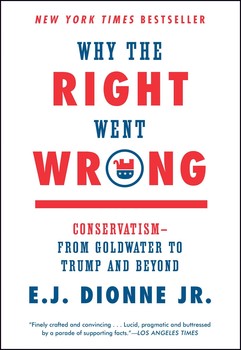



Commentary
Trump: A conventional Republican president, but an incompetent one
May 3, 2017